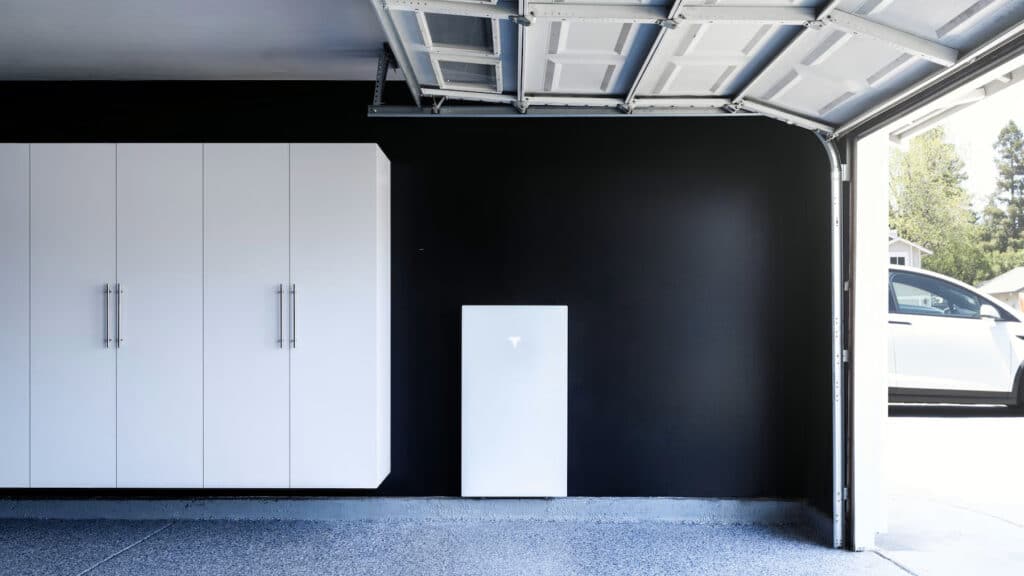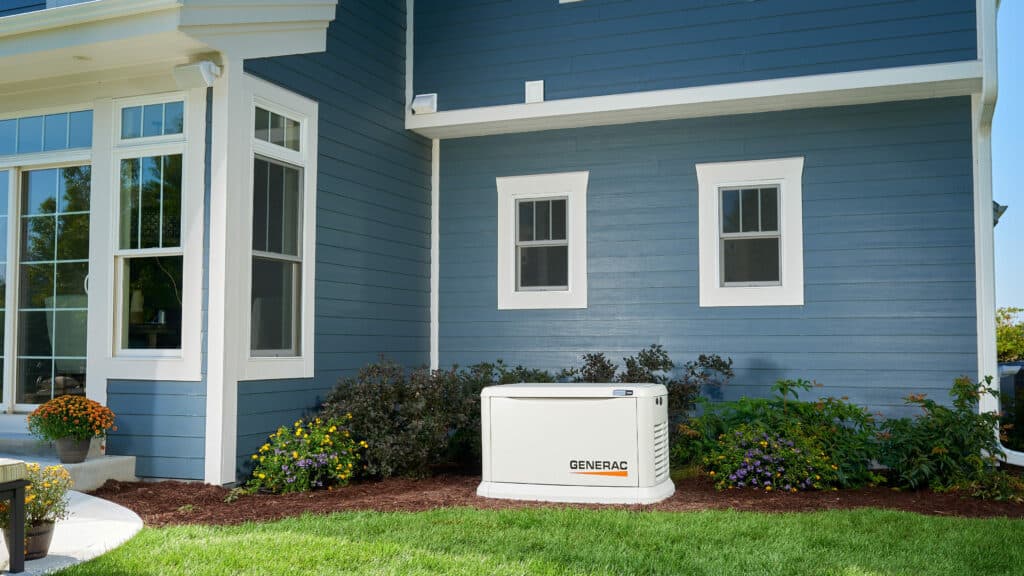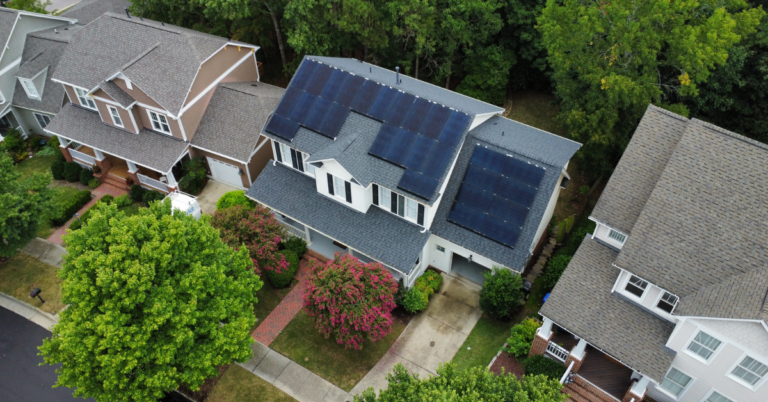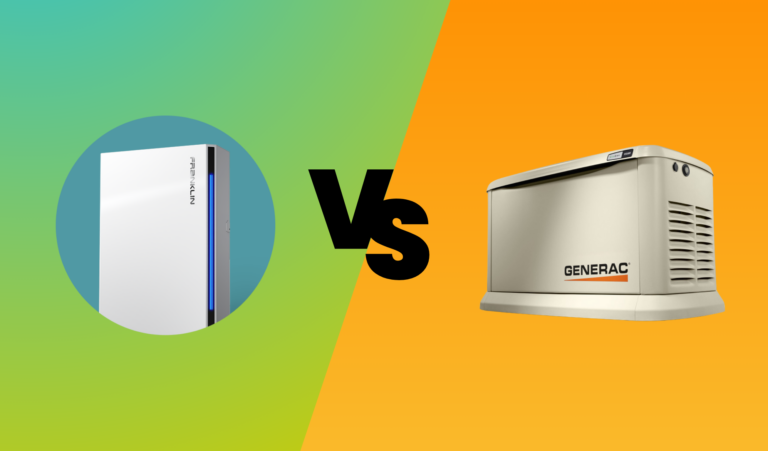What are solar batteries?
Batteries carry a wide array of connotations; you can hear the term tossed around from battlefields to chicken farms. No, I’m actually serious about that last one… a string of chicken cages linked together is called a battery. Or if you’re a chess nerd like I am, when I hear the word battery, I visualize a rook and a queen barreling down the E-File, smashing through pieces on their way to victory.
In the world of new construction and real estate, however, we’ll have conversations here at Southern Energy Management that revolve around battery backup and how it’s proliferating more and more into residential and commercial spaces across the nation. Generators in the past have occupied a space for being the only way to securely backup your home during outages or grid failures of any kind. But things change. What we have in our current market are two products that can offer the same services in slightly different ways, and by slightly varied means.


Over the last few years, many builders and developers have become aware that solar batteries and generators are essentially solving the same problem; so what are the main advantages that many view as beneficial when comparing these two offerings? Let’s explore the main advantages, and shortcomings of battery technologies compared to generators.
Main Advantages of Solar Batteries Compared to Generators
Cleaner Fuel
One of the best known advantages of having batteries attached to your solar is that environmentally speaking, you’re going to be backing up your home with a much more agreeable fuel source. Photovoltaic sourced electricity compared to carbon fuel generated electricity eliminates multiple harmful side effects; cleaner air, and a cleaner conscience for the eco-minded folks out there.

Savings
This point only rings true if we have the assumed benefit of having paired solar panels with the battery installation. If we’re charging our backup storage with grid energy, no savings will incur. That said, the Tesla Powerwall 3 currently holds in reserve 13.5 kWh worth of energy at a full charge, which equals about a third of an average North Carolinian home’s daily consumption of electricity. (Average monthly use for a home in NC is 1,364 kWh. 1,364kWh / 30 days in a month = 45.6kWh daily). Imagine having an additional 33% of your daily home usage in reserve! That amounts to quite a bit over the weeks and months.
Maintenance
Generators, like cars, contain moving parts upon moving parts upon moving parts. With generators you’ll need to think about refuel, servicing and frequent oil changes.
I’ll present the guidance on generator maintenance on Generac’s website:
“For home standby generators, regular maintenance includes changing air filters, oil and oil filters, spark plugs, checking battery charge, sediment traps, valve clearance, and cleaning the generator from dirt and debris inside the enclosure and outside around the unit. The use of your generator determines maintenance intervals. Your generator will need oil replenished, fuel and oil line inspection, and inspection of enclosure louvers for dirt and debris if the unit is running daily, such as in a prolonged utility outage. When changing your oil, use only Generac 5W-20 GEO Full Synthetic engine oil to protect your engine. Otherwise, maintenance intervals happen between 200 hours and 400 hours of operation, or every two to four years – whichever happens first. Touching up chipped paint protects against corrosion, while installing base fascia protects your generator from unwanted inhabitants.”
https://www.generac.com/service-support/faqs/maintenance-kit-faqs
Now, here is Tesla’s guidance on maintenance for Powerwall systems:
“Powerwall 3 does not require pre-scheduled preventative maintenance. The only maintenance required by an owner is to keep the Powerwall unit free and clear of debris, especially around the air intake and exhaust.”
https://service.tesla.com/docs/Public/Energy/Powerwall/Powerwall-3-Owners-Manual
Easy choice with that one.
Main Disadvantages
Do batteries have their downfalls, limitations, and shortcomings? Like any technology, of course they do! Here are the main disadvantages to solar batteries compared to generators:
Upfront Costs
There is no getting around this one, but when thinking about battery backup as your power reserve source, the upfront costs are going to climb at a much faster rate than if you were looking into a more traditional fuel powered backup. Combining solar and battery backup can get into the 10’s of thousands of dollars quickly, so make sure to weigh this up when looking at power backup options. Does it fit your budget? Are you willing to have more upfront costs with much less backend costs? Questions to consider for sure.
Recharging Based on Weather Conditions
During an outage, your ability to recharge your battery is dependent on the weather. Are your solar panels soaking up enough sun to charge those batteries? Weather is variable but the sun always ends up coming out in North Carolina, especially after a storm has blown through. But what happens if a flock of seagulls suddenly nests along your roofline and blocks solar production? Alfred Hitchcock scenarios aside, in our 23+ years of installing and caring for solar systems, we have not seen this happen.
Looking for more information about battery backup vs. generators? Our team has put together other resources that go in depth on the pros and cons for homeowners, including a video by one of our Solar Designer, Randy Linhart!















